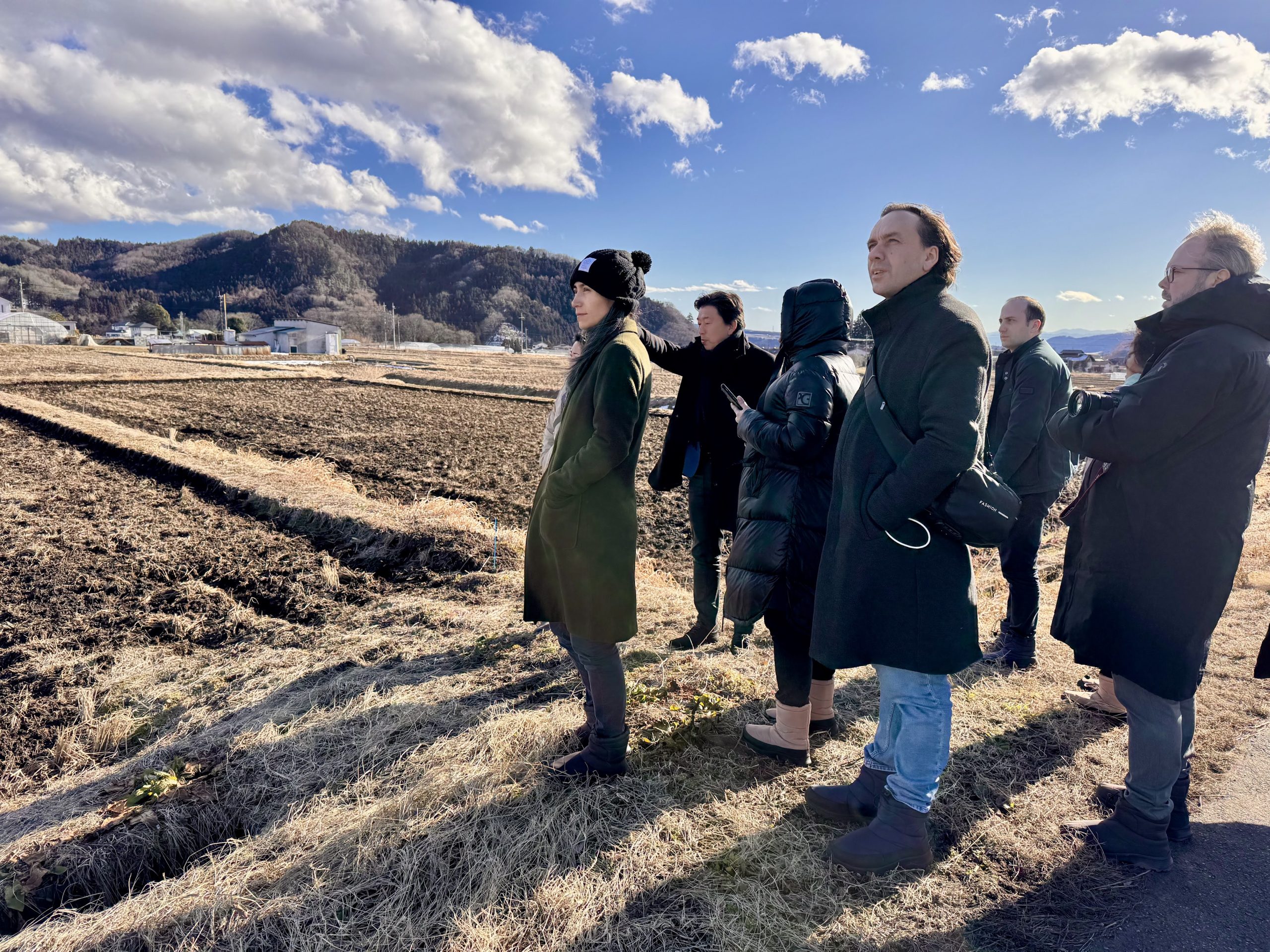The West Point Eggnog Riot
By Rupert MillarAt Christmas in 1826, students at the US military academy of West Point smuggled contraband whiskey onto the campus to put in their eggnog – and caused a riot.
Alcohol, tobacco and gambling, the holy trinity of 19th century vices (with fornication perhaps making the holy quadrangle) were completely banned at West Point at this time with drunkenness being enough to have one expelled.
As with most such restrictions the normal ‘game’ was to not get caught, which led to surreptitious visits to local taverns which the authorities might mildly tolerate to a certain degree.
In addition, there were occasions, such as Christmas, when the academy would provide alcohol to the cadets in a controlled environment.
One of the most cherished of these occasions was whiskey or rum in the Christmas eggnog.
By 1826 however, it was felt that drinking among cadets was getting out of hand and a total prohibition was put in place with West Point’s superintendent, Sylvanus Thayer, adding it would also be banned in the eggnog.
This did not go down well.
Before too long a band of cadets from the North Barracks got together and set about sourcing some whiskey in the local environs.
On 22 December they’d found two and a half gallons of whiskey and a gallon of rum between them and, after bribing one of the sentries, smuggled it back into West Point.
On Christmas Eve when all were supposed to be in bed, eggnog parties began in rooms 5 and 28 in the North Barracks, with cadets alternating between each. Just after midnight another cadet arrived with a further gallon of whiskey.
By 2am the party was getting a little noisy and a cadet on duty and told them to keep it down if they knew what was good for them.
They didn’t. By 4am their drunken singing had woken Captain Ethan Hitchcock, one of the faculty members.
Partner Content
Discovering the party in Room 28 he ordered the drunken cadets back to their rooms, getting into a heated exchange with cadet James Berrien. Some of the cadets at this juncture did indeed slip off to bed and Hitchcock went back to his room.
A little later though he became aware of the other party in Room 5. As he went to see what was going on he was spotted by cadet Jefferson Davis, the future president of the Confederate States during the Civil War. Davis nipped into Room 5 and warned the revellers there that Hitchcock was coming.
Like many a drunken warning it was delivered too late as, on cue, Hitchcock swept into the room and dispersed that party as well…or so he thought.
Although Hitchcock thought he’d settled things down, in fact this was the catalyst for a riot. Indignant at being told to stop their fun, those drunken cadets not ready for bed began breaking windows and one even fired a pistol at Hitchcock’s room.
Hitchcock ordered the cadet on duty to rouse the guard and round up the drunks as well as the commandant but rumour quickly got round that he’d called up artillery.
For the next two hours there was pandemonium as drunken cadets ran amok, breaking windows and furniture, firing pistols and generally raising an awful hullabaloo including threats to the lives of various senior officers.
By 6.05 when reveille was sounded order was gradually being restored with many hungover cadets turning out for morning parade and the Christmas service. Some of the more hardcore partiers remained drinking in their rooms.
Some 70 to 90 cadets had taken part in the parties and following riot in one way or another. Punishments had to be handed down but to court martial and expel every cadet who had taken part would have been to expel a substantial number of students.
In the end, 20 of the key culprits – those who sourced the whiskey and those who incited the subsequent riots – were court-martialled with a number being expelled from the academy.
Jefferson Davis, was among those implicated in the disorder but having obeyed when told to go to bed by Hitchcock he was not arraigned. Future Confederate general Robert E. Lee was also a cadet at the time but not involved.





Happy New Year!!
Love these snippets of history. Well done.